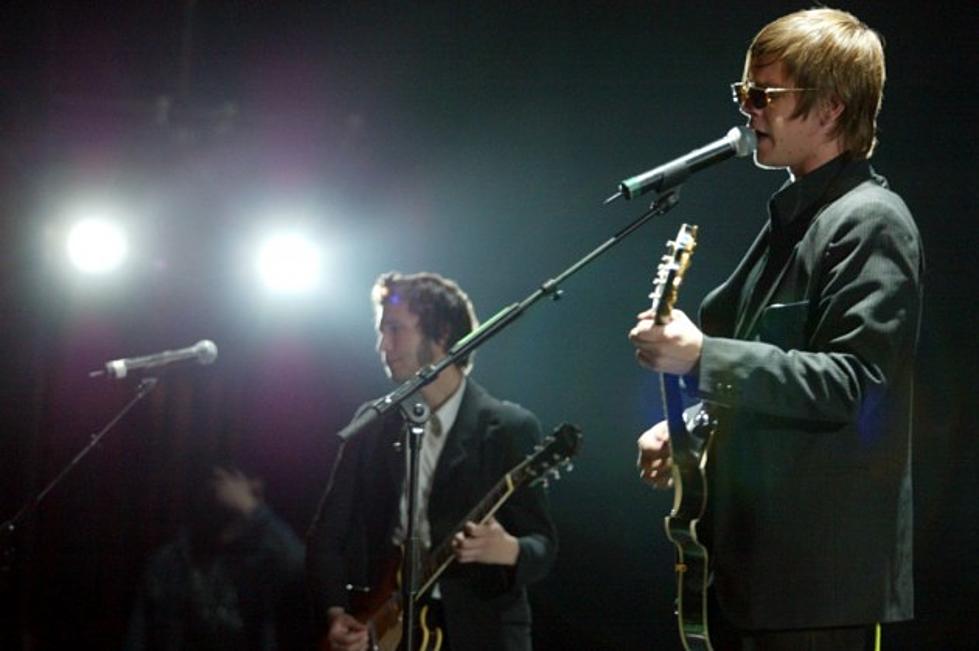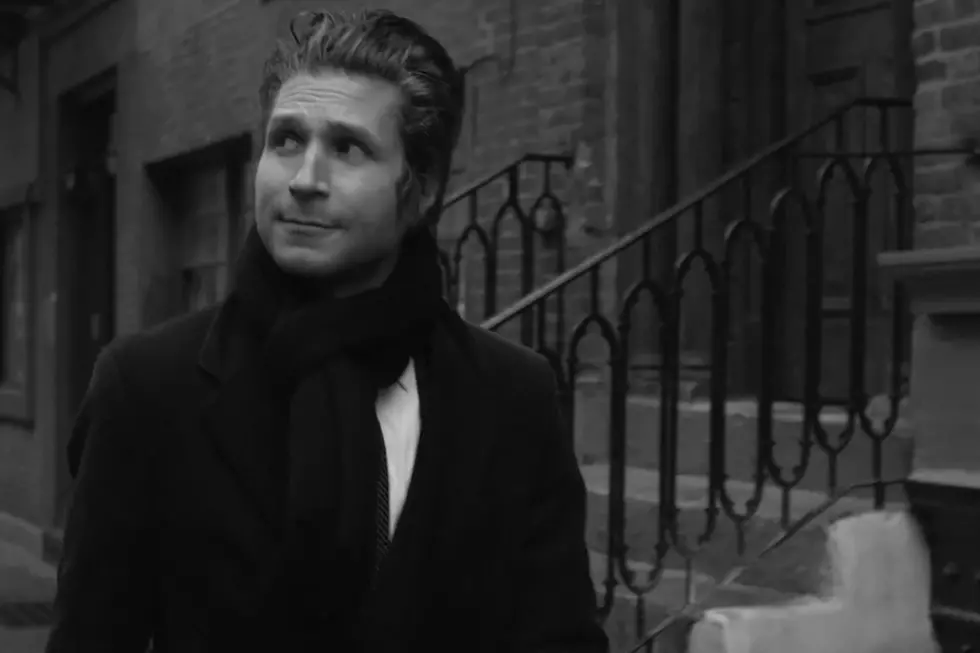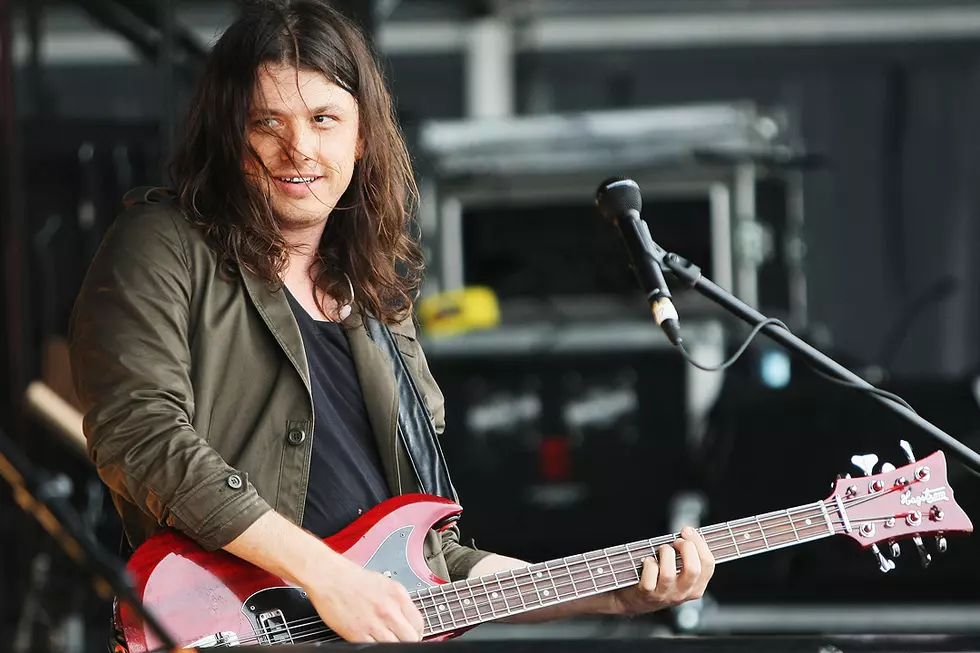
13 Years Ago: Interpol Release Their Debut, ‘Turn on the Bright Lights’
For an album that seems to not make that much sense — the lyrics could be confused for shallow gibberish and the band's sensibilities seemed lost in time — Interpol's 2002 debut has tremendous meaning largely due to its historical context, but more so due to its sonic content. Although borrowing from so many different eras in history both cultural and political, Turn on the Bright Lights has remained timeless 13 years after its release for a host of reasons.
A young Interpol were unmistakably part of the then-fledging New York City rock scene that was influenced by post-punk, straight up punk and other brooding genres of yesteryear alongside bands like the Strokes, the Walkmen, TV on the Radio, the Yeah Yeah Yeahs and more. Like other bands, and everybody else living in New York at the time, Interpol — then consisting of Paul Banks, Daniel Kessler, Carlos Dengler and Samuel Fogarino — was struck by the terrorist attacks of 9/11. The tragedy sucked the collective wind out of the country, but it was understandably more debilitating the closer to Ground Zero you were.
But the city stood up, dusted itself off and moved on, as did Interpol. In fact, it could be said the horrific events made Interpol stronger as a group, or at least more aware of what the set of songs they were working on at the time was all about. As Dengler told Pitchfork, "The songs were written before 9/11, but the unintentional meaning they take on isn't any less of a meaning; we were holding the cards to a certain message that was about to become relevant. It's insane. It's like the universe is taking care of us, even in the form of a horrific event."
Lombardi once said that "NYC" "is about New York falling apart. That's what the whole record's about." The lyrics to "NYC" took on a new light, reading after 9/11 as a sort of bittersweet love letter to the city, about how he's been desensitized by the city, but knows its importance to those who cherish it as it provides the opportunity to take existence into your own hands. The biggest part of falling apart is reassembling, putting the city back together to be stronger than before. Such was the theme of New York City in the years following 9/11, which rendered "NYC," despite having been written before 9/11, as an anthem for a recovering city, a recovering country.
Music is therapy, but at the same time, for a young band, having an album so tied to a hyper-specific time and place, even one as universally recognized and appreciated as New York City in late 2001, can be a death sentence. So it's a good thing that Turn on the Bright Lights was more than a determined hand sticking out from the rubble of hardship, and ended up being one of the strongest albums musically of the decade.
"Untitled," which opens the album, is, as the band themselves put it best, something like their "theme song":
'Untitled' was a piece of music that was cultivated to open shows, well before we had any designs to make a record. It was a way to introduce the band live. And then by virtue of having performed it so many times, it became clear that this was our theme music to announce the band, and it felt appropriate to include it as such on our first album.
The light, shimmering, post-rock-like guitar contrasts the deep, malaise bass line and Banks' barely intelligible vocals and (as it was intended) sets the tone for the rest of the album, which is remarkably consistent in its ability to excite while sticking with its core aesthetic. Interpol were able to repeat this level of quality somewhat on their 2004 follow-up, Antics, then never really again – although their 2014 record, El Pintor, is their strongest release since Antics because it's more similar to Turn on the Bright Lights than anything they've done since.
Turn on the Bright Lights exists in a bizarre space. It's a record the likes of which Interpol will never be able to produce again because of how wide-eyed and scared they were at the time, of both the uncertainty of their personal futures and that of the terrifying world they woke up to one day in late September. Turn on the Bright Lights inseparable from its era, yet completely free of it.
More From Diffuser.fm









